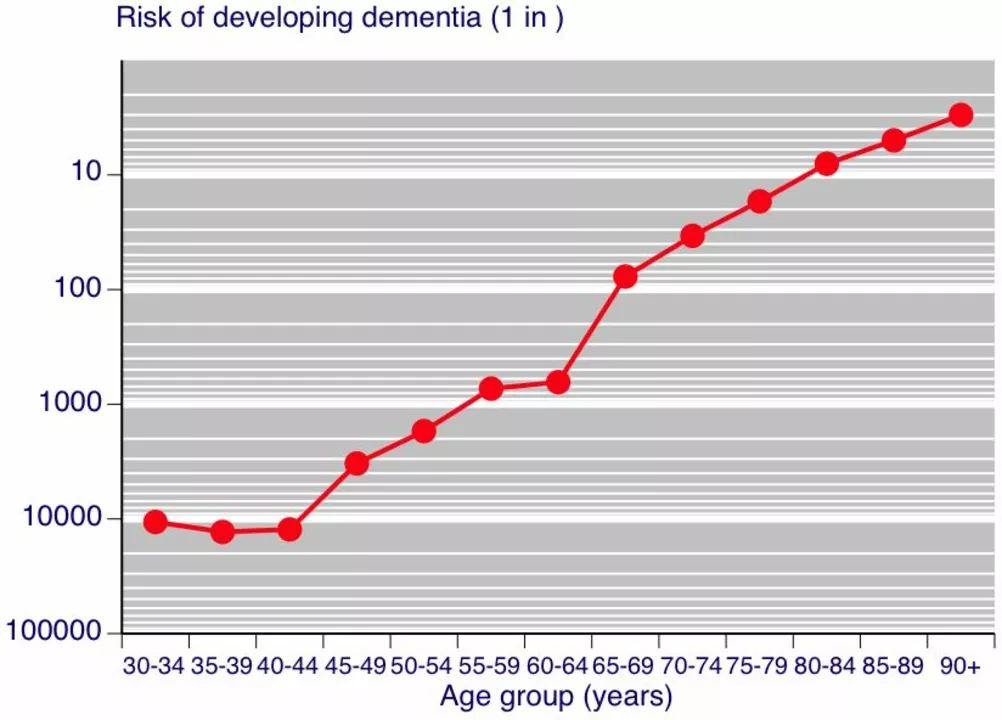Osteoporosis Treatment: Simple Steps to Strengthen Your Bones
If you’ve been told you have osteoporosis, the first thought is often fear. The good news is there are clear actions you can take right now to slow bone loss and even rebuild strength. This guide breaks down the most effective medicines, supplements, and daily habits without jargon or endless lists.
Medication Options that Work
Doctors usually start with a class called bisphosphonates. Drugs like alendronate (Fosamax) or risedronate (Actonel) are taken weekly or monthly and help keep bone‑resorbing cells in check. Most people notice fewer fractures within the first year if they stick to the dosing schedule and stay upright for 30 minutes after swallowing.
For those who can’t tolerate bisphosphonates, there’s denosumab (Prolia), an injection given every six months. It blocks a protein that tells bone to break down, and studies show steady bone‑density gains while on the shot.
If you’re younger or have very severe loss, doctors may recommend teriparatide (Forteo). This daily injection mimics a natural hormone that actually builds new bone. Because it’s powerful, treatment usually lasts no more than two years, followed by a maintenance drug to keep gains.
Remember: every medication comes with potential side effects—digestive upset for pills, rare jaw issues for all three, and injection site reactions for denosumab. Talk openly with your pharmacist about any new symptoms; early tweaks can keep you on track.
Lifestyle Changes That Help
Supplements are the easiest first step. Aim for 1,200 mg of calcium daily from foods like dairy, fortified plant milks, or leafy greens. Pair it with 800–1,000 IU of vitamin D, which your skin makes from sunlight and many foods. If you live in a cloudy area, a simple over‑the‑counter D3 capsule fills the gap.
Weight‑bearing exercise is non‑negotiable. Activities that push your body against gravity—walking briskly, stair climbing, dancing, or light resistance training—signal bones to thicken. Even 30 minutes three times a week can add measurable density over months.
Avoid smoking and limit alcohol. Both accelerate bone loss; cutting cigarettes and keeping drinks under two per day makes medication work better.
Finally, check your fall risk at home. Remove loose rugs, install grab bars in bathrooms, and keep night lights on. The best treatment fails if a simple tumble leads to a fracture.
Putting these pieces together—prescribed meds, calcium + vitamin D, regular movement, and a safe environment—creates a solid defense against osteoporosis. Stick to the plan, keep your doctor in the loop, and you’ll see fewer breaks and stronger bones.

